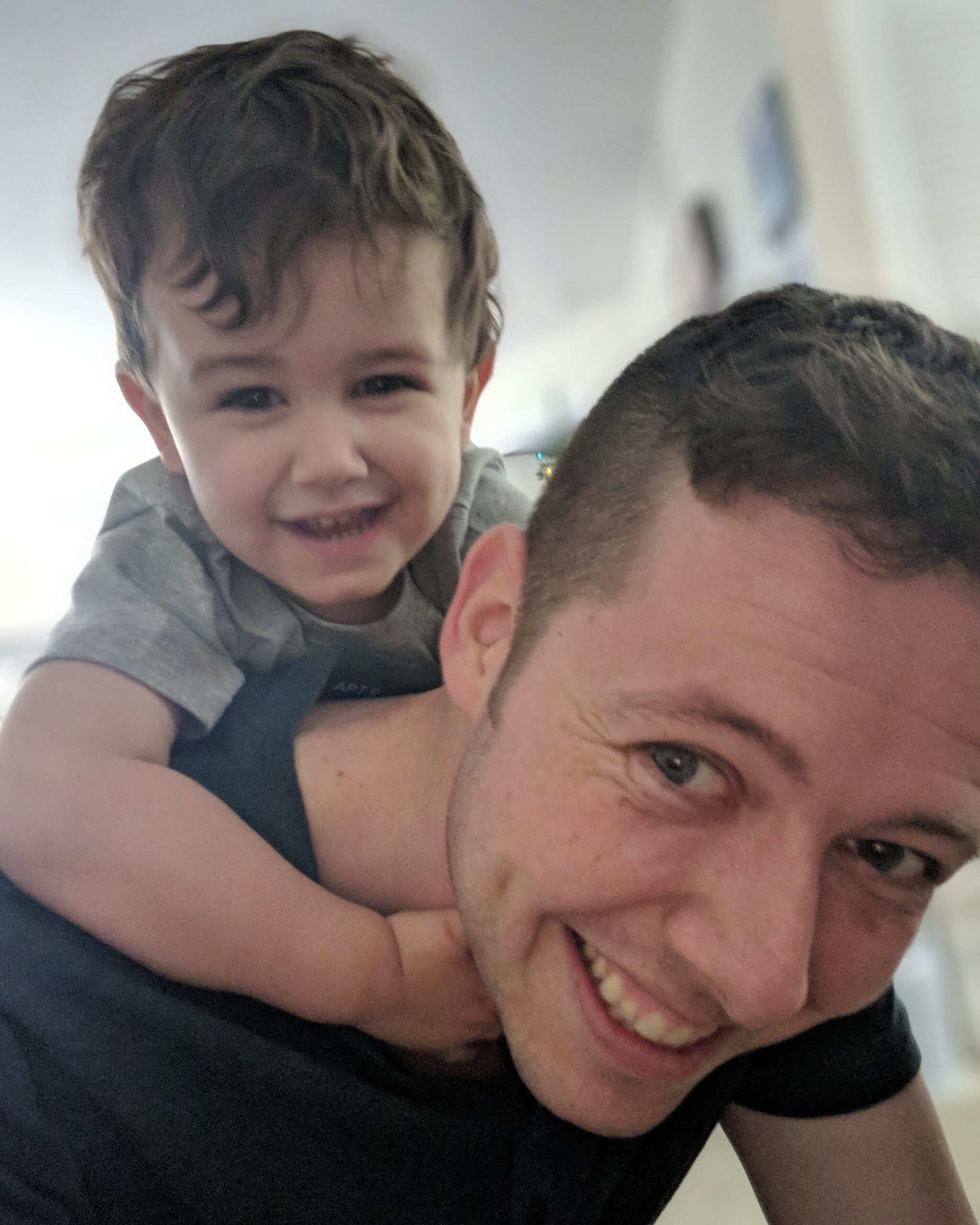Jesus started His ministry by entering the synagogue and reading from Isaiah 61, in effect saying that He would focus His ministry on healing the brokenhearted and setting captives free. His main concern was with how people were doing on the inside, rather than on how well they performed.
The word “brokenhearted” in Hebrew is shabar, which means to break, fragment, crush, or shatter the heart. Jesus knew that as we go through life our hearts get broken. The real question is not whether we have been wounded, but rather in what way we have been wounded, and whether our wounds have been healed.
Our most damaging wounding takes place in childhood. Wounding can be active (emotional, verbal, physical, and sexual abuse) or passive (emotional neglect, parental absence, passivity, and a lack of loving affirmation). Wounding can also result from misinterpreting a completely neutral event. Proverbs tells us that “foolishness is bound up in the heart of a child.” Children are keen observers but lousy interpreters.
It is not so much the painful events that may have placed us in some kind of bondage, but what took place inside of us in the midst of the hurt. These unconscious inner reactions could be lies we came to believe, strategies we turned to in order to try to protect ourselves from more pain, or unbiblical vows we made. Lies are usually linked to our identity, our view of God, and how we view life. Strategies are ways to avoid future hurts, like performing to gain acceptance. Vows may be unconscious determinations to never be vulnerable, not to feel, or to not to be like our dad or mom.
captivity
Isaiah 61 says that Jesus came to proclaim liberty to the captives. Captivity is bondage that a person cannot free himself from by exerting more effort or greater discipline. Captivity may manifest itself in such things as people pleasing, drivenness, eating disorders, sexual compulsivity, and persistent anxiety, fear, anger, or depression.
Becoming a Prisoner
A prisoner is in a condition where truth does not seem to penetrate the heart. Though a person may know the truth intellectually, they are unable to experience it. Many of us know God loves us, but we may not experience God’s love in our hearts. When our heart can’t experience what our head knows, it is a sign that we have unhealed woundedness . . . but Jesus came to bring freedom to the prisoners!
Mourning
Jesus came to comfort all who mourn. A mourner suffers from a deep sense of loss due to the death of someone close, deficits, and other losses. But we also can suffer deep losses in ministry hopes, or how our lives and relationships are evolving. In my mid-40s, God showed me my deficit of affirmation and significance. He gradually freed me from my faulty strategies. I began to hear God tell me in His still small voice, “It’s not your fault,” and “Rusty, I love to hear your voice.”
The Spirit of the Lord God is upon me . . . He has sent me to bind up the brokenhearted, to proclaim liberty to captives and freedom to prisoners; . . . to comfort all who mourn . . . giving them beauty for ashes . . . the mantle of praise instead of a spirit of fainting. – Isaiah 61:1-3a






